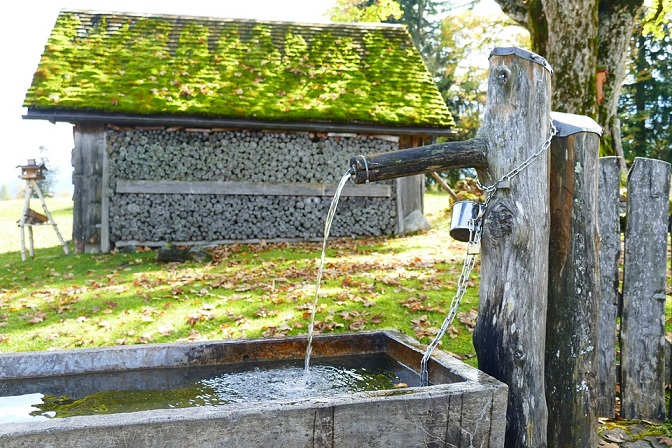 In a recent study done as a collaborative effort between Arup and Sydney Water, entitled The Future of Urban Water: Scenarios for Water Utilities in 2040‘ it is noted that Sydney, which was used as a reference city, is going to see dramatic population increase in the coming decades, as will other such major urban centres.
In a recent study done as a collaborative effort between Arup and Sydney Water, entitled The Future of Urban Water: Scenarios for Water Utilities in 2040‘ it is noted that Sydney, which was used as a reference city, is going to see dramatic population increase in the coming decades, as will other such major urban centres.
The report explores how a wide range of social, economic, technological, political and environmental trends could possibly shape the urban water future. This is in the light of the fact that around 50% of cities that have a population in excess of 100,000 are already experiencing water scarcity.
Key features dealt with in the report include how to meet the water needs of a rapidly growing urban population; whether equitable water services can be provided in a future that is predicted to be increasingly water-scarce and in which environmental degradation is prime; and how this can be achieved without causing more damage to the global ecosystem.
With many urban populations increasing at approximately 6.8 % per annum and drought set to become more sever and more frequent due to global warming, stress will be placed on reservoirs and other forms of storage.
The study looked at in excess of 100 forces that will impact the future of urban water systems, including dramatic population growth, variability of supply, more intense storms, water-capture and distribution, sea level increases, aging infrastructure, and more.
The study highlights the need for a holistic and integrated approach which could include technology such as smart water networks that use sensors and monitors to collect and utilise customer data; include innovative funding structures; a new approach towards management and investment of complex assets; collaboration between urban water utilities, and other utilities in energy and telecommunications.
According to the report, best outcomes would be achieved by utilities and industry developing a hybrid system in which they cooperate in some aspects and compete in others. This type of scenario would see greater efficiencies in investments and maintenance as it requires that all the companies and stakeholders develop shared protocols, particularly for asset management. This type of approach would also focus on better service to customers, including customer engagement.
This type of multidisciplinary approach would have to include a range of experts, including engineers, economists, and ecologists, so that the solutions are more integrated, holistic, and context specific. Green infrastructure solutions are crucial and can respond to future risks such as climate change, biodiversity loss, and urban air quality.
Get watercooler and bottled water cooler from Living-Water. Hire water coolers and purchase water coolers in London.





